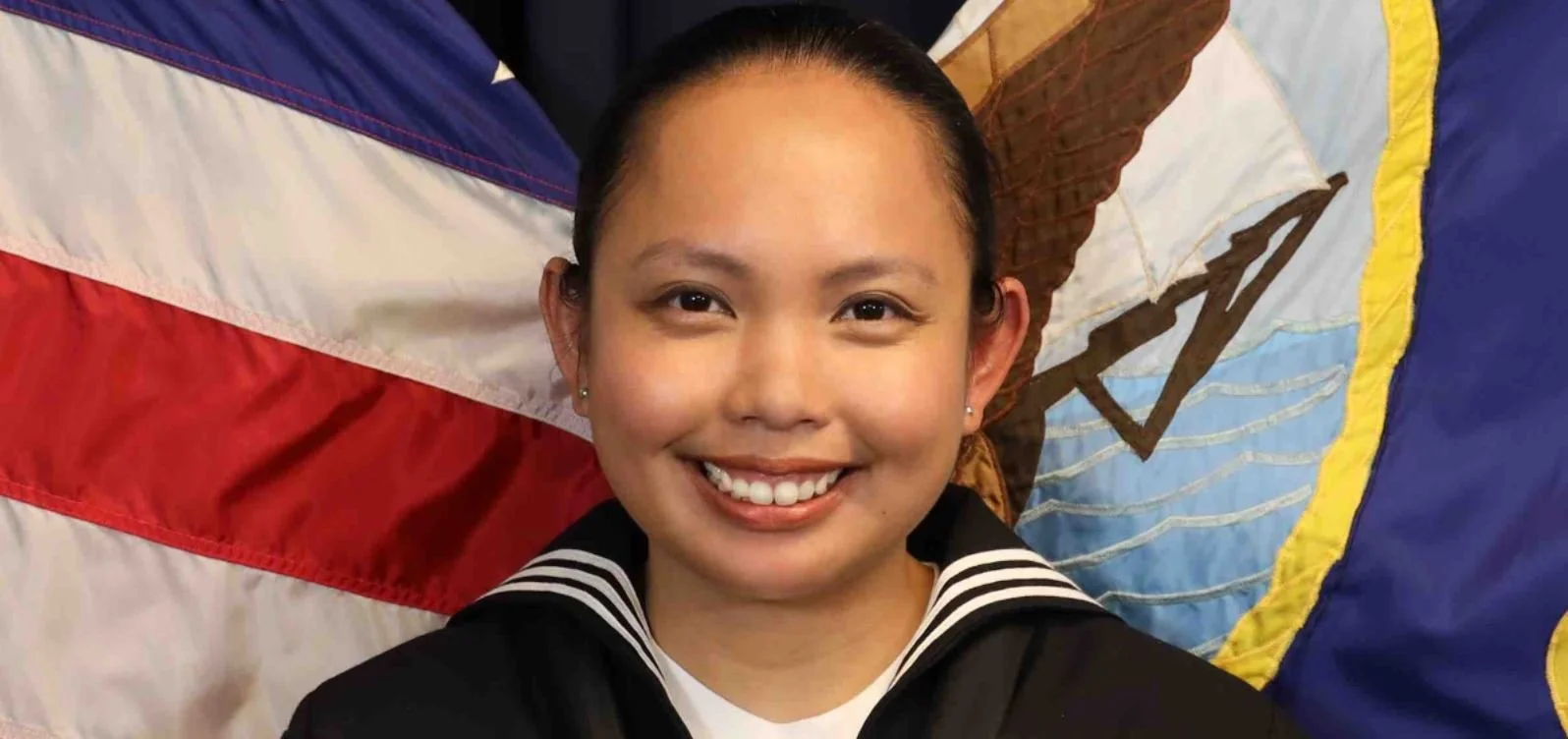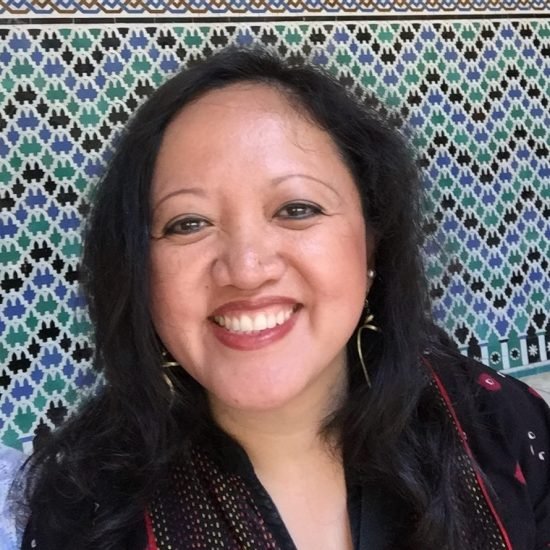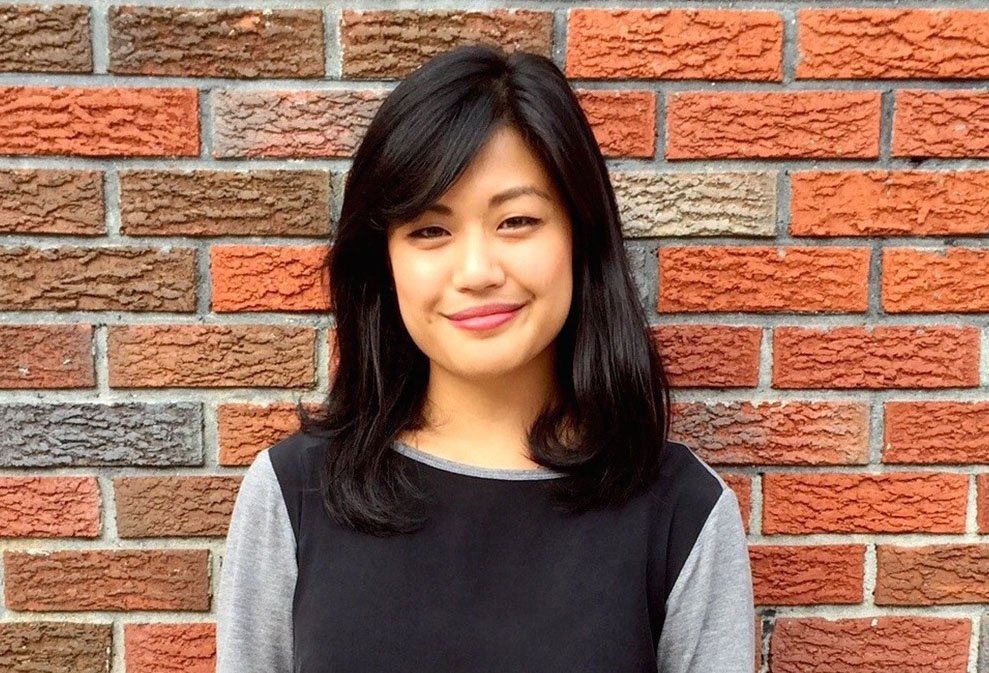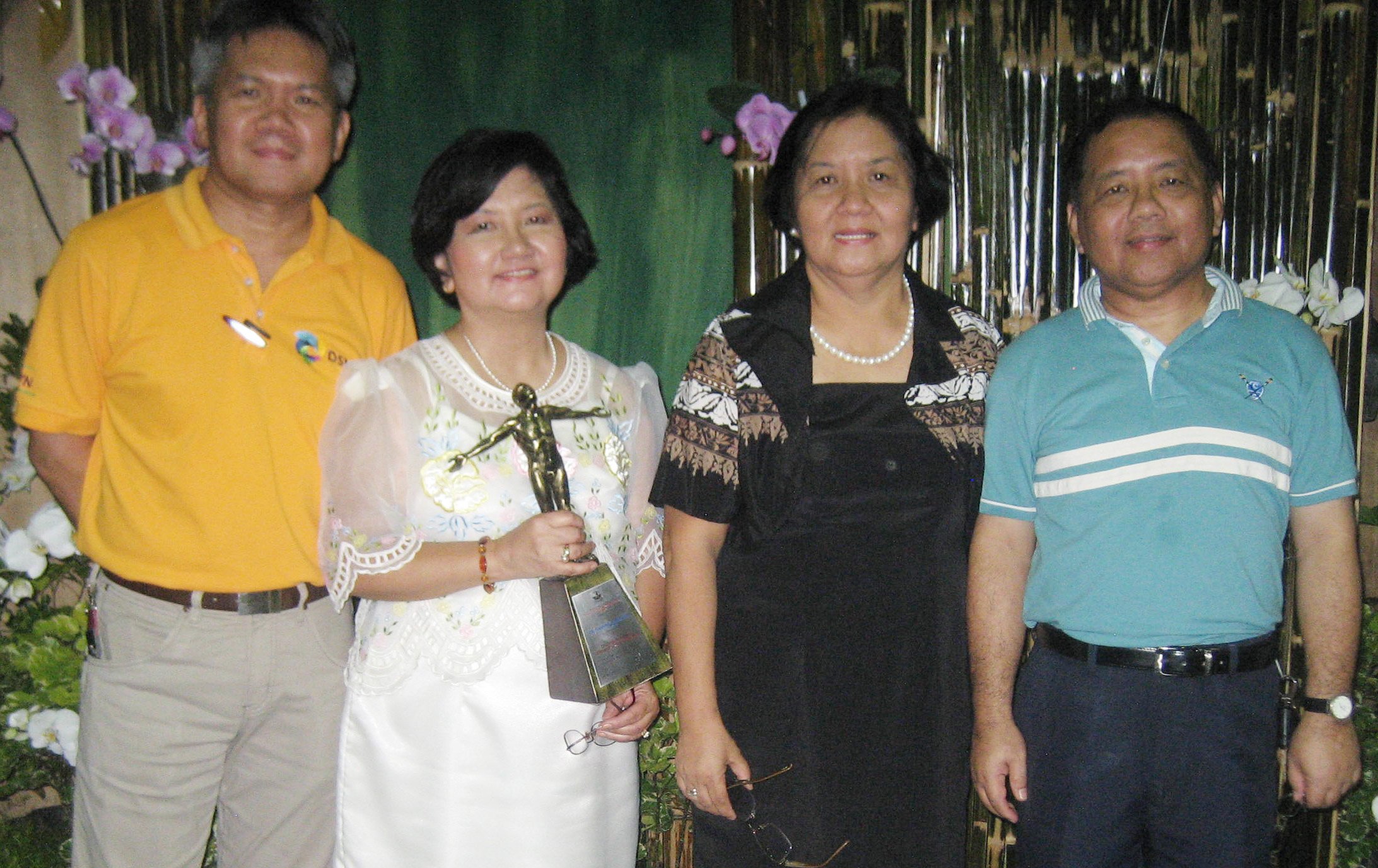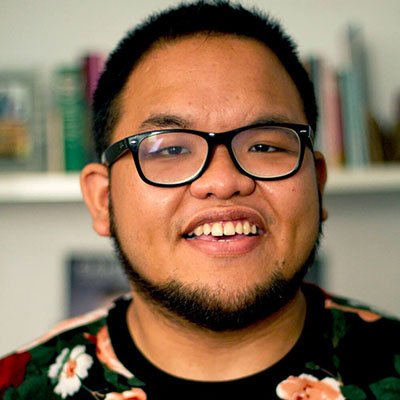Fil-Ams Among The Remarkable And Famous, Part 33
/Filipinos have been in the United States since the 16th century, yet many of their stories remain untold. For the past year, Positively Filipino has been running a series on notable Filipino Americans who have made their marks in this country. There are hundreds, or maybe even thousands more, that need to be added to this story, and we need your help. If you know of a Filipino American who deserves to be included in this line-up, please send us their names and any supporting documents you may have to pfpublisher@yahoo.com. For now, we are including only those who are currently active and visible in the media and the community, regardless of their religious, sexual or political orientation. Thank you.
Tanner Elle Schneider, Singer and Actress
Tanner Elle Schneider with father Rob (Source: Getty Images)
Tanner Elle Schneider, professionally known as Elle King of “Ex’s and Oh’s” fame, grew up in Ohio where her main connection to Filipino culture was through her paternal grandmother, Pilar, who was born in the Philippines and mother of comedian Rob Schneider. “She must have been in her 60s, but she’d fly from San Francisco to Columbus and fly me back for the weekend; it was such dedication of love,” King said. “My Filipino family is deeply rooted in being together. Every house has karaoke, they’re so warm and friendly and don’t care how much of me was Filipina: ‘She’s one of us!’” King admits that she’s “not very good at making adobo or lumpia; I’m a little Filipina and a whole lot of hillbilly,” she said. Her musical style encompasses country, soul, rock, and blues. She is a four-time Grammy Award nominee and has received honors from both the Country Music Association Awards and the Academy of Country Music Awards. Of her first trip to the Philippines recently: “If they know you have any amount of it in you, since I’m the daughter of a well-known Filipino, I felt so welcomed. I played a show there and it made me proud to make it to Manila where my grandma came from. It’s so wonderful to see all our children who get to grow up together and pass that on.” King is a singer, songwriter, multi-instrumentalist, television personality, and actress.
Howard Chua-Eoan, Editor
Howard Chua-Eoan (Source: Getty Images)
Born in the Philippines, Howard Chua-Eoan emigrated to the U.S. in 1979 at the age of 20. He received his B.A. in English from Columbia University School of General Studies and won the John Angus Burrell Memorial Award as the outstanding English major of 1983. He also received his M.S. in Journalism from the Columbia Graduate School of Journalism. Chua-Eoan won the National Council on Crime and Delinquency PASS Award for his cover story on “The Gun in America” in 1997. He was news director, assistant managing editor and writer at Time magazine and a New York Times bestselling author. In 2013 he began writing the weekly “Cocktails & Carnage” column for Roads & Kingdoms and, in 2015, together with John Hargrove, he published Beneath the Surface: Killer Whales, SeaWorld and the Truth Behind Blackfish, which became a New York Times bestseller. He is now the Bloomberg Opinion International Editor.
Beatriz Cruz, U.S. Navy Military Instructor of the Year
Beatriz Cruz (Source: US Navy)
Beatriz Cruz was recently named the Military Instructor of the Year (MIOY) in the midgrade enlisted category for the Naval Education and Training Command (NETC) of the United States Navy. A native of Subic, Olongapo, Philippines, Cruz received a Navy and Marine Corps Commendation Medal for her achievements. She graduated at Regional Science High School – Region III in East Kalayaan, Subic Bay Freeport Zone in the Philippines. In 2009 she graduated from the University of Santo Tomas in Manila with a Bachelor of Arts in Economics and earned a Master of Business Administration degree in 2018 at the National University in San Diego, California. Cruz is part of a team that develops and maintains the sailor and marine training continuum for Navy and Marine Corps aviation technical training. She is a qualified Master Training Specialist who has facilitated three training evolutions that enabled 12 instructors to also attain MTS qualifications. In addition to her instructor duties, Cruz is also a Sexual Assault Prevention and Response (SAPR) Uniformed Victim Advocate (UVA) for her unit. She is also the Command Assistant Education Services Officer, assisting in the facilitation of two Navy-wide advancement examinations, providing critical guidance and instruction to exam eligible personnel on proper worksheet completion procedures, rules, and regulations. “My hometown is known for these quotes: ‘Bawal ang Tamad sa Olongapo (Laziness Is Forbidden in Olongapo)’; ‘Fighting For Excellence,’ and ‘Aim High.’ I always put my best foot forward in any task,” Cruz adds.
Anna Guevarra, Professor, University of Illinois, Chicago
Anna Guevarra (Source: UIC)
Professor Anna Guevarra is the Founding Director of the Global Asian Studies Program and a Co-PI of the UIC AANAPISI Initiative. She teaches courses on Global Asia in Chicago, Asian/Asian American Women in the Global Economy, Asian America and Transnational Feminism, Cultural Politics of Asian American Food, and Asian Markets, Corporations, and Social Justice. Her scholarly, creative, and teaching interests focus on immigrant and transnational labor, the geopolitics of care work, critical diaspora studies, and community engagement as they relate to dynamics of race, gender, and empire. She is the author of the award-winning book, Marketing Dreams and Manufacturing Heroes: The Transnational Labor Brokering of Filipino Workers, an ethnography that narrates the multilayered racialized and gendered processes of brokering Filipino labor, the Philippines’ highly-prized “export." Guevarra is currently working on three projects: “One explores the intersections between migration/labor studies and science and technology studies to examine the racialized and gendered dynamics of robotic “innovation” and the labor of care work being mediated through sociable/personal/humanoid robots in the context of neoliberal globalization, another focuses on mapping the multi-racial histories and solidarity work of Asian ethnic neighborhoods/enclaves in Chicago and another explores the relationship between diaspora and empire by mapping the spatial and temporal configurations of global/local food ways by using the sea as an analytic optic for tracing and mapping the diasporic currents of a confection, (bi)bingka’s, multivalent and culinary trajectories in South and Southeast Asia.”
Angela Dimayuga and Ligaya Mishan, Culinary Authors
Angela Dimayuga and Ligaya Mishan (Source: NY Times)
Dimayuga’s and Mishan’s book, Filipinix: Heritage Recipes from the Diaspora “features roughly 100 recipes capturing the lively, communal spirit of the Filipino table — from rich stews and crunchy merienda (or snacks) to bracing condiments and acid-hued sweets — and paying tribute to the archipelago’s hodgepodge of culinary influences: China, Japan, Spain, America, to name only a few.” Dimayuga grew up in San Jose, California remembering a favorite staple, nilaga, a soup of slowly braised beef shanks, bone marrow and vegetables, that the family ate with rice while her parents were often working late. Mishan on the other hand, grew up in Honolulu, the daughter of a Filipino mother and an English father, and ate Filipino food only occasionally as a child; “It wasn’t a big presence in my life,” she says. Researching Filipino history and cuisine allowed both Dimayuga and Mishan to connect with their families in deeper ways. “It became this project around our own curiosity of self,” says Dimayuga, who came to empathize more deeply with her parents’ experience of leaving their homeland — they emigrated from the Philippines in 1976 — while at the same time inviting them more fully into her life as a queer person. Mishan says that “writing the book and delving into her heritage brought me very close to my mom for the first time in a long time because I was constantly consulting her, trying to learn. I was also consulting all of my Filipino friends. I felt like I had this wonderful sense of the barkada, which is the term for your friend group in Tagalog.” Dimayuga first conceived of the cookbook while working as the executive chef at the New York outpost of the San Francisco-based Mission Chinese Food. She began weaving Filipino ingredients and flavors — sour notes inspired by sinigang, a usually tamarind-based stew, for example — into the restaurant’s eclectically Pan-Asian dishes. Dimayuga and Mishan had planned to cook, recipe-test and write together, but the pandemic intervened. The authors reunited at Dimayuga’s Brooklyn apartment to toast the upcoming release of Filipinx over a meal of lumpia, rice coffee, and nilaga, the first recipe they worked on for the book. “Because nilaga was such a constant for me,” she says, “it’s one that I crave all the time.”
Yasmin Tayag, Science Editor
Yasmin Tayag (Source: The Last Magazine)
Yasmin Tayag is a science editor and writer who has written for the New York Times, The Atlantic, The Guardian, Vox, Slate, Bon Appetit and other publications. She was previously the lead editor of the Medium Coronavirus Blog and founding editor of Future Human, a publication about science and the future. She was also a senior editor at the health website Elemental and the tech website OneZero. Before that, she was the senior science editor at Inverse. She is most interested in biology, health, the future of food, and the intersection of science with racial and social justice. Tayag grew up in Toronto and graduated with a degree in Human Biology and English Literature from the University of Toronto. She then took her master’s in Biology at the New York University where she studied developmental genetics. She has also been a guest on Science Friday, CES, SXSW, Newsy and other shows.
Emily Ann Ramos, 2022 Woman of the Year, CA 13th Senate District
Emily Ann Ramos (Source: Twitter)
State Senator Josh Becker has named tenants’ rights and affordable housing advocate Emily Ann Ramos, a Mountain View resident, the 2022 Woman of the Year for the 13th Senate District. “I admire women who push for positive change, like our district’s Woman of the Year,” said Senator Becker. “I applaud Emily’s demonstrated commitment to finding fair and equitable solutions to permanent housing for all, and I am thrilled to be able to recognize her as my district’s 2022 Woman of the Year.” Ramos has devoted her career and her volunteer work in the community to protecting the rights of tenants and ensuring access to safe, stable housing, Senator Becker said. In her role at SV@Home, she educates tenants and landlords about state eviction laws and rent relief resources. She also works with policymakers to develop protection and preservation‐related policies to help vulnerable tenants, low‐income families and people at risk of becoming homeless. A proud daughter of Filipino immigrants, she is the Northern Vice Chair to the California Democratic Party Asian Pacific Islander Caucus. Locally, Ramos serves as the Vice-chair of the City of Mountain View’s Rental Housing Committee. She works on housing policy as a member of the League of Women Voters Mountain View - Los Altos Affordable Housing Committee and is on the executive board for the Peninsula Democratic Coalition, the oldest and largest Democratic Club on the Peninsula. She was also the former president of the Silicon Valley Young Democrats and was the 2016 Convention chair for the California Young Democrats. “I am truly stunned to receive this recognition,” Ms. Ramos said. “I have been blessed with an abundance of encouragement, knowledge and guidance of family members, mentors and colleagues which enabled me to seek solutions to the housing crisis and advocate for the shelter needs of historically excluded community members. Just to be able to do this work is an honor, but to be named Woman of the Year for that work is beyond what I could ever anticipate,” Ramos said.
Col. Leah Botona Boling, Military Pastor
Col. Leah Botona Boling (Source: phmhawaii.org)
Col. Leah Botona Boling became the first female and person of color to serve as director of the Air National Guard Chaplain Corps at the Air National Guard Readiness Center at Joint Base Andrews, Maryland. While growing up in the City of Mati, Philippines, Boling witnessed a woman helping hospital patients as a volunteer chaplain, and this led her to study at the Philippine Baptist Theological Seminary in Baguio. Upon graduation, she moved to Honolulu to work as a hospital chaplain where she met her husband, Jeff, also an Airman. The horrific events on 9/11 convinced Boling to use her skills for mental and spiritual healing. In April 2002, she was sworn in as the first female chaplain in Hawaii Air National Guard history. “Military chaplaincy is similar to a church pastor,” Boling said. “The only difference is that my church is bigger than the steeple because my church is wherever in the world Airmen are. I baptize. I marry. I bury. I counsel. All the great work that pastors do, I can provide for Airmen anytime, anywhere.” She serves as an advisor to the ANG director and Headquarters Air Force chief of chaplains on all matters pertaining to religious freedom, accommodation, morale and readiness of chaplains. “I bring the female perspective, the mother perspective, the Filipina perspective and, most important, the Leah Botona Boling perspective. As I sit among all of the directors at the Air National Guard Readiness Center, I’ll use pieces of each perspective to make sure that every decision we make is nurturing, caring and in the best interest of our Airmen,” Boling said.
Teodora “Teddy” Amoloza, Sociology Professor
Teodora Amoloza (second from left) and her siblings (Source: iwu.edu)
Teodora Amoloza completed her Ph.D. in Sociology in 1988 at the University of Nebraska-Lincoln, where she specialized in research methods and statistics and in social demography. She was a post-doctoral fellow at the Bureau of Sociological Research at the University of Nebraska-Lincoln before she joined Illinois Wesleyan University in 1990. She was promoted to full professor in 2001. In 1993 she began a series of studies of women in rice farming at the International Rice Research Institute in Los Baños, Laguna where she spent several summers and her first sabbatical semester. Some of her works were published in the Journal of Marriage and the Family, Journal of Developing Societies, The ASIANetwork Exchange, and Sociological Imagination. She has also co-edited with Jim Sikora two editions of the Introductory Sociology Resource Manual published by the American Sociological Association. She was the recipient of the 2000 Du Pont Award for Teaching Excellence, the highest teaching award at her university. For ten years starting 1993, she was Director of the IWU International Studies Program. She was director of two Title VI grants for International Studies from the US Department of Education and is the principal proponent and director of the 2009-2012 Title VI grant for IWU’s Asian Studies program. From 1996 to1999, she served on the Board of Directors of ASIANetwork, a consortium of approximately 160 mostly liberal arts institutions in North America dedicated to promoting and strengthening Asian Studies. From 1998 until 2005, she was the director of the Student-Faculty Fellows Program funded by the Freeman Foundation, a program that sends teams of students and faculty mentors from ASIANetwork member institutions throughout the United States to conduct research in Asia. She has done consulting work with liberal arts institutions about their Asian Studies programs and also served on the review panel for the Department of State’s Educational Partnership Program. In Spring 2005, she became the Executive Director of ASIANetwork; at the end of her third three-year term in 2014 the organization awarded her the Van J. Symons Distinguished Service Award and named a new program, the Teddy Amoloza Junior Faculty Conference Award, in her honor.
Set Hernandez Rongkilyo, Filmmaker and Activist
Set Hernandez Rongkilyo
Coming from Caloocan, Philippines to the U.S., Set Rongkilyo grew up in Southern California’s San Fernando Valley. He found out he and his family were undocumented when they applied for college financial aid with expired visas. Fundraising efforts spearheaded by loving friends and teachers, and under California law AB-540, which allowed qualified nonresidents to pay resident tuition, helped Rongkilyo and other undocumented students to study at UCLA, where he majored in linguistics and film. He began community organizing with IDEAS (Improving Dreams, Equality, Access, and Success), a campus advocacy group for undocumented students, and even produced their first film about their family’s immigration status, planting seeds for conversations. Twenty-nine year-old Rongkilyo screened his film COVER/AGE in 2020, a documentary short which follows two community leaders in California as they fight for access to health care for people in the U.S. who are undocumented. In 2021, Unseen follows about a blind, undocumented immigrant and the challenges that come with it. In March 2019 Rongkilyo and four others launched the Undocumented Filmmakers Collective. They wrote an open letter to the American filmmaking community about the challenges of being hired, getting projects funded, and the frustrations of seeing a plethora of film about undocumented immigrants that never include undocumented crew or creatives on the project teams. Today, the collective is comprised of 50 members across the country and their focus is providing a safe, nurturing space for members to connect, collaborate, build skills and community. “For months I was figuring out, ‘What is the best way that I can contribute to my community and really experience justice for my community?’ And as a queer person from the Philippines…I think that remembering in the face of erasure is one of the most political things that I can ever do…I really believe that when you don’t know your history, it’s so hard to know who you are.”
Source: Google and Wikipedia




